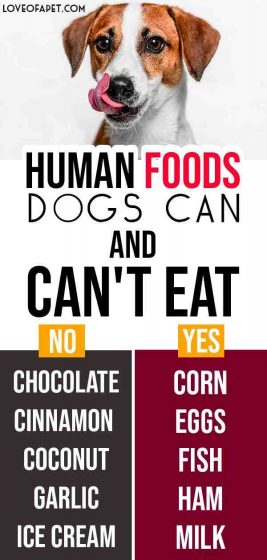Is cheese bad for dogs?
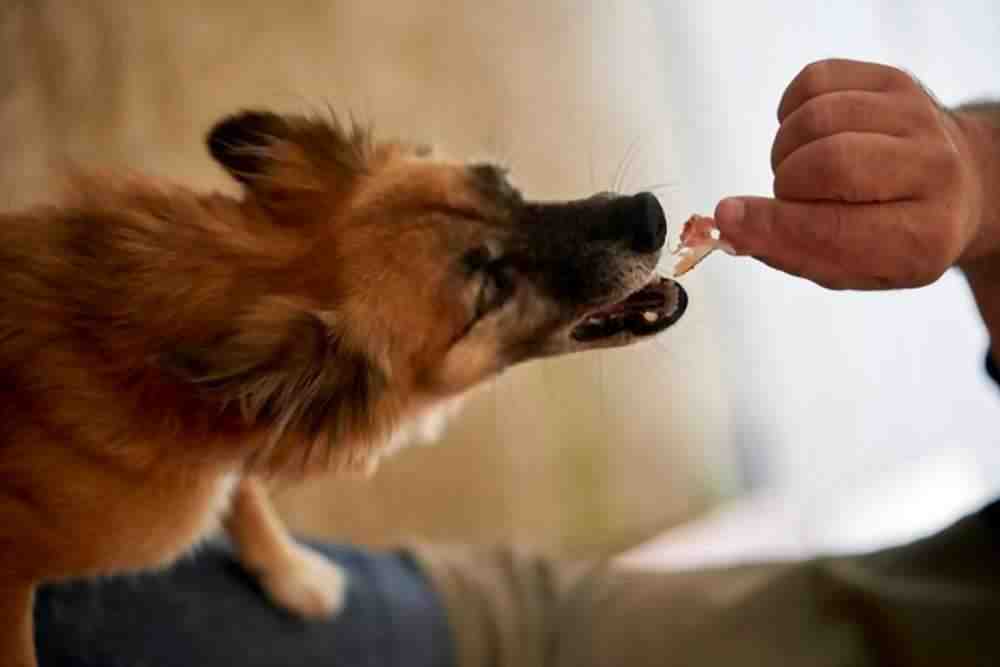
Although cheese can be safely given to your dog, there are some things to remember. Cheese is high in fat and giving your dog too much food on a regular basis can cause weight gain and lead to obesity. To see also : Is ham red or white meat?. Even more problematic, it could lead to pancreatitis, a serious and life-threatening disease in dogs.
Which cheese is toxic to dogs? Cheeses that contain herbs, garlic, raisins or other added flavorings should also be avoided. Garlic and raisins are among the most toxic foods for dogs and can cause serious health issues. Goat cheese, brie, and feta all have high levels of saturated fat, which makes them unhealthy for dogs.
Why do dogs love cheese?
Cheese can be an excellent source of protein for your pooch. It also contains essential fatty acids, B-complex vitamins, calcium, and vitamin A. On the same subject : Does ham have red dye in it?. His coat, bones, muscles, and teeth will all benefit from eating cheese. Cheese can be tart, creamy and easy to eat.
Does cheese make dogs happy?
But the benefits of cheese don’t just stop with it being an extra treat or pleasure during their playtime. Cottage cheese, a low-lactose form of cheese, is also used to help dogs with stomach upsets. A mixture of equal parts cottage cheese and cooked white rice has helped dogs recover from gastrointestinal upset.
How much cheese is OK for a dog?
“Your dog shouldn’t be given more than a few small bites of cheese a day,” says Robinson. This will depend on your dog’s lactose tolerance and size, of course. She continues, “Some dogs can’t take cheese at all. Big dogs can take a little more, and small dogs can take less.”
How much cheese is OK for dogs?
“Your dog shouldn’t be given more than a few small bites of cheese a day,” says Robinson. This will depend on your dog’s lactose tolerance and size, of course. To see also : Do supermarkets dye meat?. She continues, “Some dogs can’t take cheese at all. Big dogs can take a little more, and small dogs can take less.”
Is one slice of cheese a day too much for a dog?
Essential fatty acids are necessary in a dog’s diet, but the high fat content of cheese can lead to weight gain or obesity. This calls for moderation in the amount of cheese you offer your dog; the best way is to offer it from time to time.
What is too much cheese for dogs?
“Like any supplementation, the dairy diet should be limited,” says Summers, who recommends cheese and dairy snacks be less than 10 percent of a dog’s total caloric needs to avoid dietary imbalances. “Low-fat cheese options include cottage cheese, mozzarella, and soft goat cheese,” she adds.
Will cheese hurt dogs?
The cheese itself is not poisonous or poisonous to dogs (except blue cheese, see below). But some cheeses have added ingredients that could hurt a dog, such as onion, garlic, herbs, or other additions. On the same subject : Why can’t dogs eat grapes?.
Will a little bit of cheese hurt my dog?
According to the ASPCA, “because pets do not have significant amounts of lactase (the enzyme that breaks down lactose in milk), milk and other dairy products cause them diarrhea or other digestive upsets. “. The takeaway: Don’t give your dog cheese as part of his regular meal plan or as a frequent treat.
What happens when a dog eats cheese?
Cheese is high in fat and giving your dog too much food on a regular basis can cause weight gain and lead to obesity. Even more problematic, it could lead to pancreatitis, a serious and life-threatening disease in dogs.
Can dogs eat fried eggs?
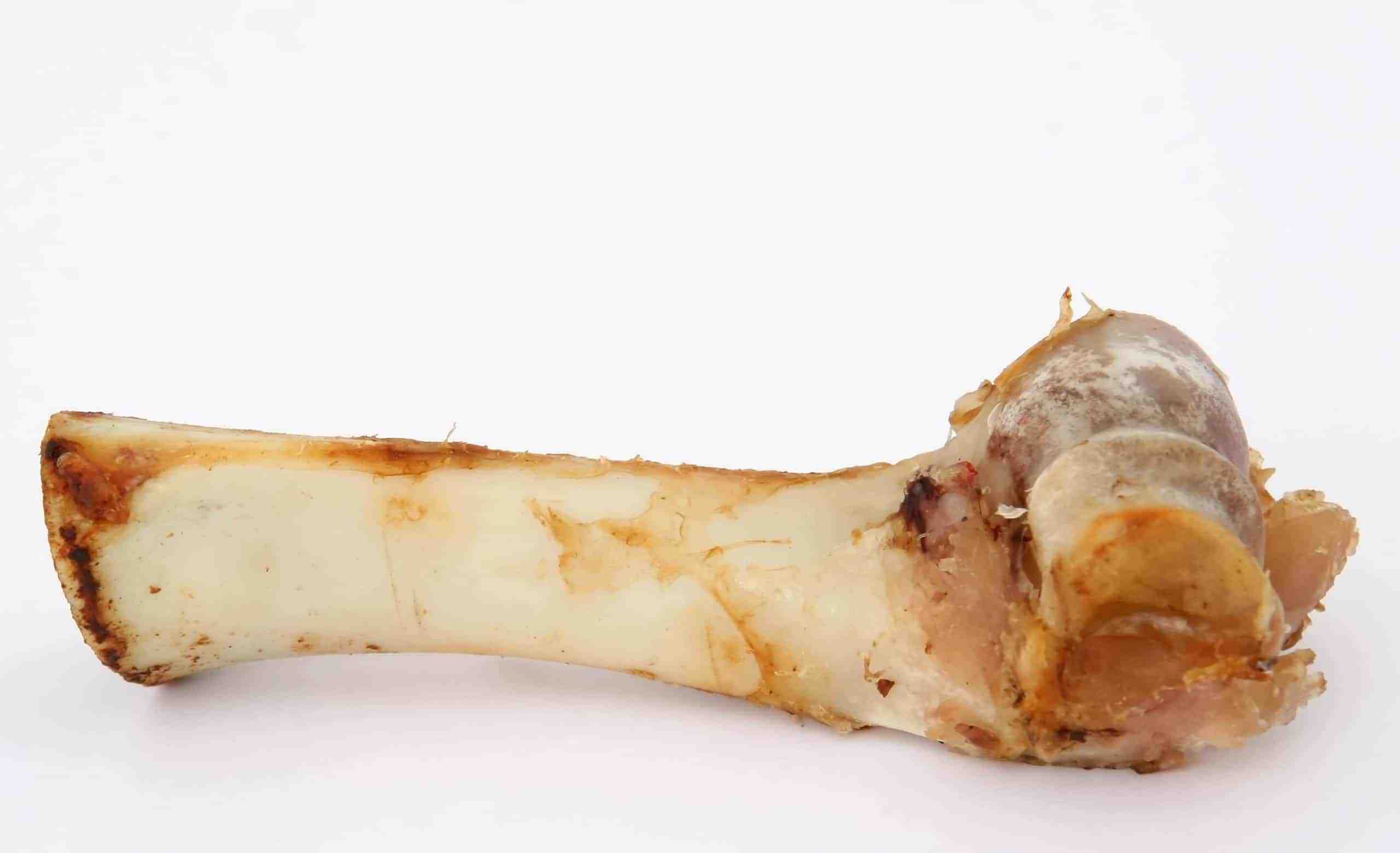
We do not recommend giving raw or undercooked eggs to your dog. The safest way to serve eggs to dogs is to make sure they are always cooked. Stick with hard boiled, scrambled or fried eggs. Just like humans, dogs share the same potential risks of contracting Salmonella if they consume raw or undercooked foods.
Can Dogs Eat Fried Potatoes and Eggs? Never feed a dog a raw egg, as it may contain harmful bacteria that can make your pet sick. For a healthy treat, offer your dog a well-cooked hard-boiled egg. Some dogs enjoy starchy potatoes, although white potatoes are not as nutritious as sweet potatoes.
Is fried egg OK for dogs?
Eggs are perfectly safe for dogs, eggs are an excellent source of nutrition for your canine companion. They are rich in protein, fatty acids, vitamins and fatty acids that help support your dog inside and out.
Can dogs eat pan fried egg?
Although raw eggs are not recommended for dogs, plain cooked eggs can be a great healthy treat for your dog, packed with protein and other nutrients he needs.
How do you cook eggs for dogs?
Making Dog Eggs: The Ultimate Egg Recipe Your Pet Will Love
- Crack an egg into a bowl and stir vigorously with a fork.
- Place in a hot pan with a tiny bit of water to avoid sticking to the pan.
- With a spatula, move this egg around to create a scrambled look.
- Once the egg is cooked, serve it to your dog!
Are cooked eggs for dogs?
The answer is yes, boiled eggs are good for dogs! Dogs can eat hard-boiled or scrambled eggs. The main objective is that the eggs should be cooked. Do not feed raw eggs to dogs.
Is scrambled eggs good for dogs everyday?
It’s usually best to stick to the 10% rule. Only 10% of your dog’s recommended daily calories should come from treats, with the rest of his nutrition coming from meals. So your dog can eat scrambled eggs every day, but they are not recommended as a meal replacement.
Is it OK to give my dog a cooked egg?
Yes. Eggs are good for dogs to eat. Sure, they’re high in protein, but other than that, eggs are also a good source of linoleic acid and fat-soluble vitamins like vitamin A. All of these are wonderful for a dog’s skin and coat” , explains Dempsey.
Can dogs eat tuna?
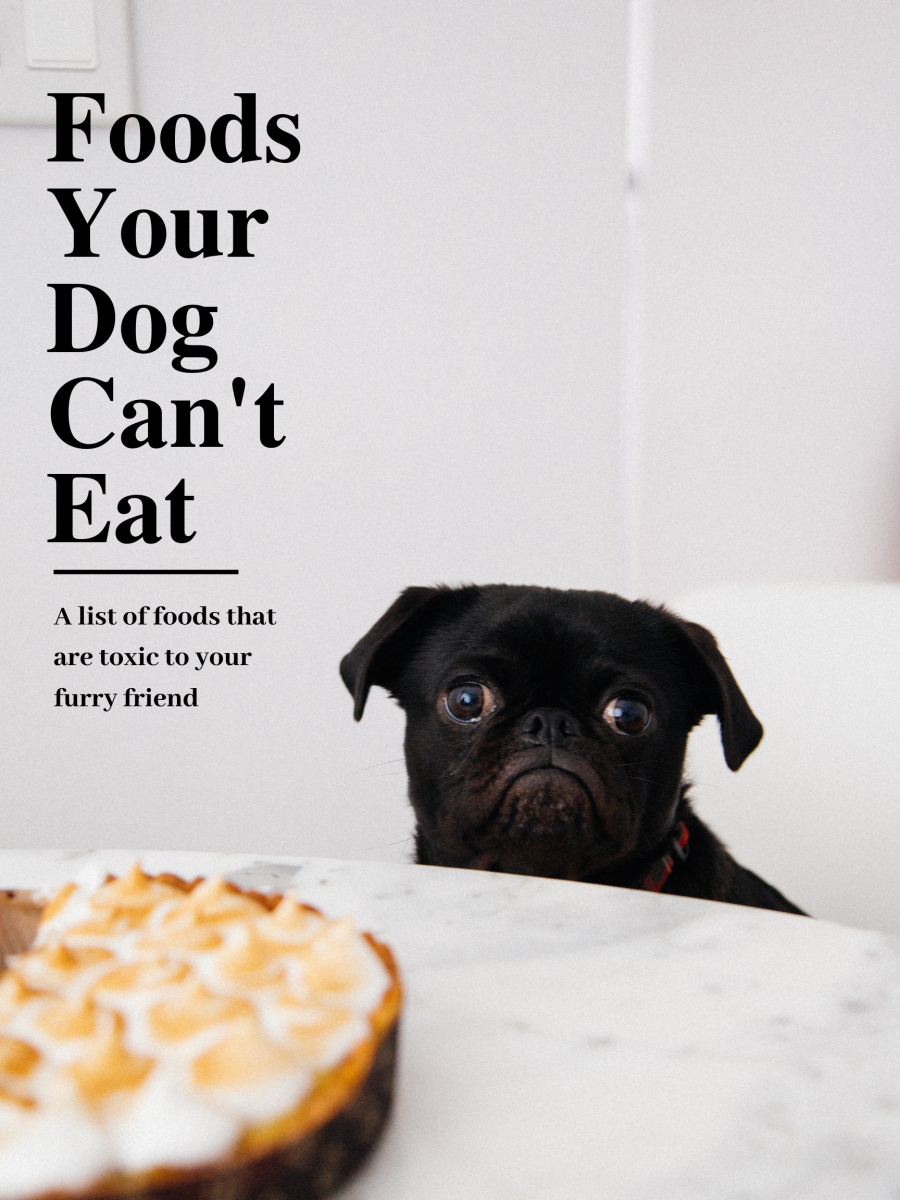
Tuna is not toxic to dogs and a small amount will not cause mercury poisoning. If you own both a dog and a cat, make sure your pup doesn’t eat the feline food, as wet cat food often contains tuna. Cats are also susceptible to mercury poisoning, so consider choosing cat food made from other types of fish.
Does ham cause pancreatitis in dogs?
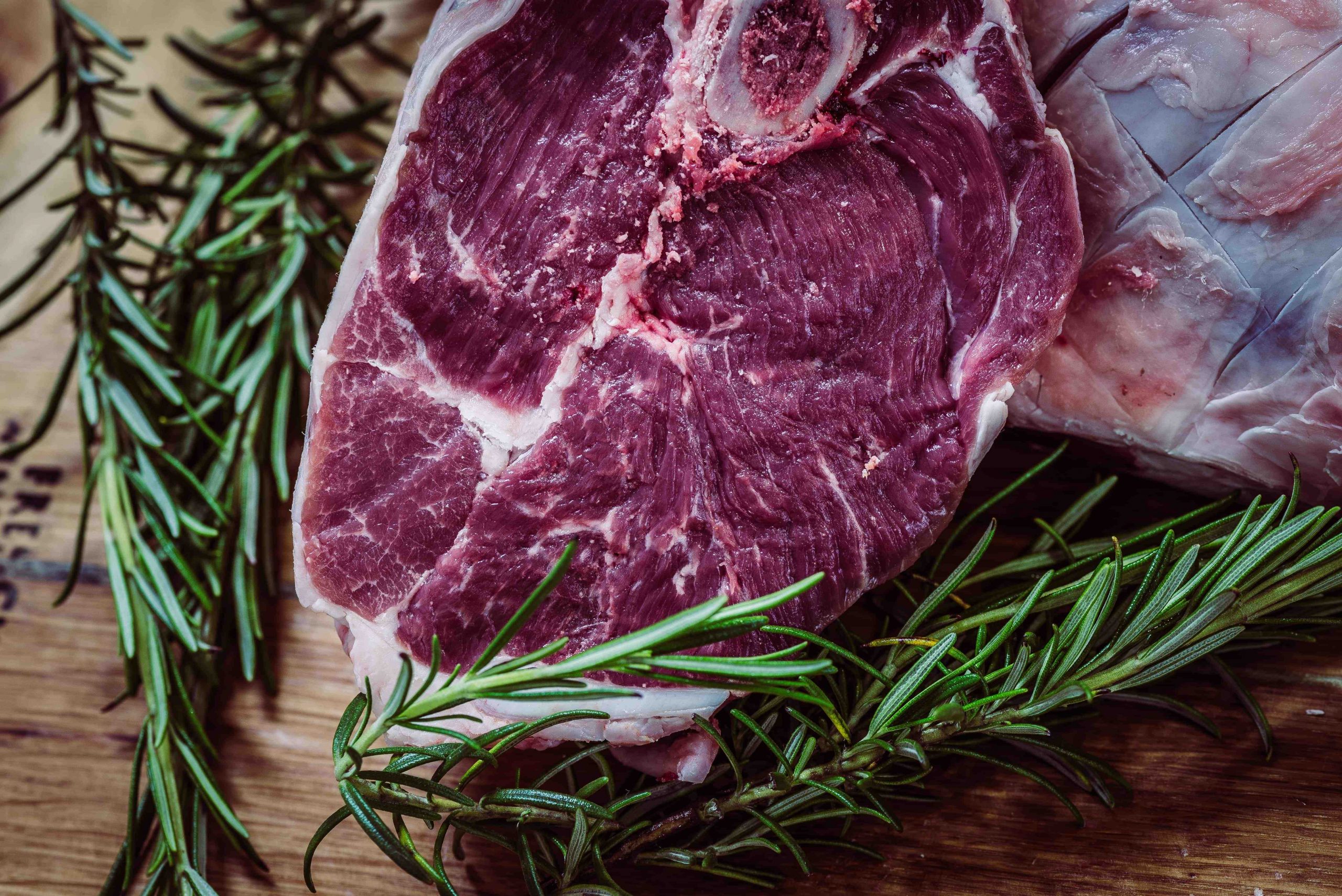
Ham and other fatty meats are very dangerous. Like cheese, ham and other fatty meats are high in fat, which can lead to life-threatening pancreatitis. Besides being high in fat, these foods are very salty and can cause severe stomach upset if eaten by your cats or dogs.
What foods trigger pancreatitis in dogs? Acute pancreatitis can occur after a dog has eaten a fatty food such as pork, beef, and certain other human foods. Dogs that go into garbage cans can develop pancreatitis. Pancreatitis can also have other causes, including certain medications and certain viral or bacterial infections.
What happens if a dog eats ham?
If your dog eats a large amount of ham, he may develop gastrointestinal or neurological problems due to its high fat and salt content. Ingestion of excess sodium can lead to vomiting, diarrhea, lethargy, excessive thirst, and abnormal urination or fluid accumulation.
How much ham is too much for a dog?
But ham is probably not part of your dog’s regular balanced diet, so it shouldn’t be considered a healthy meal, but rather a treat that makes up no more than 10% of your dog’s daily calorie intake. your dog, according to Renee Schmid, DVM. , DABVT, DABT, a veterinary toxicologist who works with Pet Poison Helpline.
What should I do if my dog ate ham?
If your dog vomits after eating ham, call your veterinarian immediately and avoid ham in the future. Do not feed your dog ham bones.
How much ham can a dog eat?
If you want to safely feed your dog ham, stick to a very small amount — half an inch, cubed, or less for dogs under 15 lbs. Don’t feed him more often than every few days and stop if you notice an adverse reaction.
How much ham can I give my dog?
Too much fat can lead to pancreatitis and other digestive disorders. And if your dog is overweight, you’re doing him no favors by sharing the holiday ham with him. With all of these warnings in mind, it probably won’t hurt your dog if you give him a tasty little piece of ham once in a while.
Can dogs eat ham in moderation?
As a high fat protein, ham is generally only suitable for our puppies when offered in strict moderation. Just like with humans, a diet that is too high in fat is not always the healthiest for our dogs – and higher fat meat like ham is no exception.
Is it OK for dogs to eat ham?
If you’ve wondered “Can dogs eat ham?” “, The answer is no. Deli hams are high in salt and most baked hams are full of sugar which is not good for dogs. You also want to keep raisins and any baked goods that contain them out of reach.
Is ham not good for dogs?
When it comes to feeding dogs human food, ham is a bit of a gray area. Yes, technically it is a protein that dogs need. However, store-bought ham is often high in sodium. Enough sodium is bad enough for people, but it’s also bad for dogs.
Can dogs eat ham in moderation?
As a high-fat protein, ham is generally only suitable for our puppies when offered in strict moderation. Just like with humans, a diet that is too high in fat is not always the healthiest for our dogs – and higher fat meat like ham is no exception.
Can dogs eat pasta?
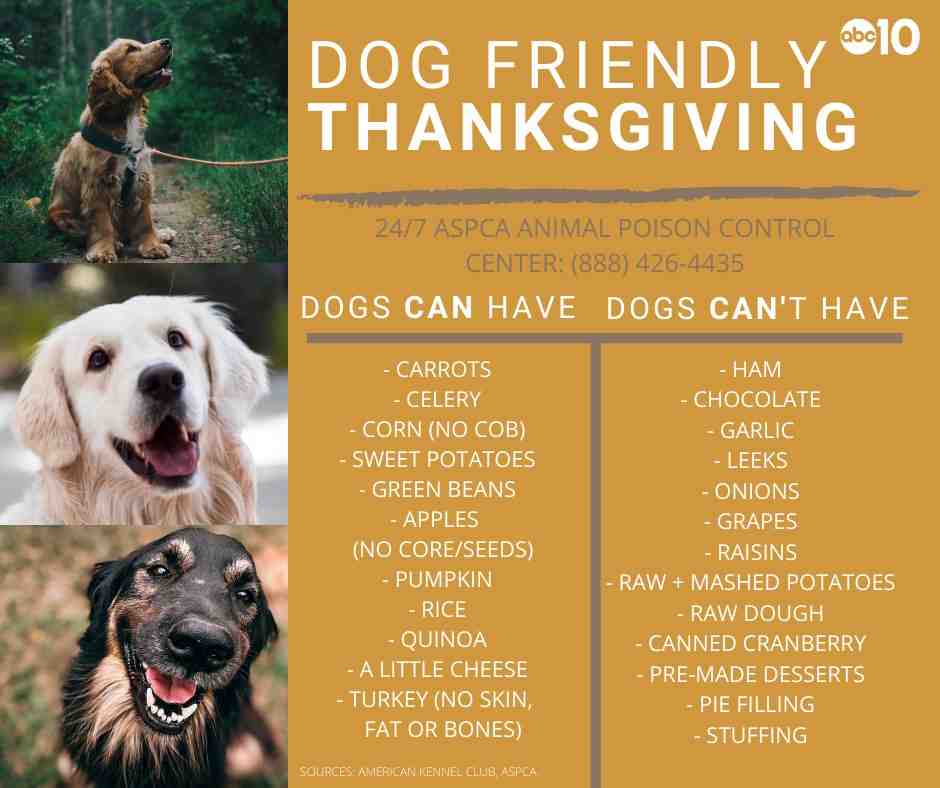
Dogs can eat plain white rice or pasta after cooking. Also, a serving of plain white rice with boiled chicken can sometimes help your dog feel better when he has stomach issues.
What happens if my dog eats pasta? Most dogs will be fine if they only eat a small amount of spaghetti and sauce. If your dog has accidentally eaten a few small pieces of spaghetti or other pasta, it’s unlikely to cause any problems.
Can dogs eat pasta with sauce?
Nope! Canned and homemade spaghetti sauces typically contain spices that are toxic to dogs, including onions and garlic. These vegetables damage your dog’s red blood cells and can lead to anemia.
What if my dog eats spaghetti sauce?
If you suspect your dog has eaten a large amount of spaghetti or consumed pasta sauce that contains potentially harmful ingredients like onions or garlic, call your veterinarian for advice.
Can dogs eat food with tomato sauce?
Tomato sauces, ketchup, soups, or juices aren’t particularly healthy for dogs because of the added salt and sugar, as well as artificial flavors or other chemicals they may contain. Soups and sauces are usually seasoned with onions and garlic which are toxic to dogs, so it’s best to stick with fresh tomatoes.
Why can’t dogs eat pasta?
Since pasta is high in carbohydrates, you should feed your dog in moderation to reduce calories and keep your dog at a healthy weight. Cook a little more the next time you make pasta for yourself and freeze it. Your dog will probably love chunks of pasta straight from the freezer with that extra crispy texture! 4.
Is cooked pasta OK for dogs?
Safe: cooked white rice and pasta. Dogs can eat plain white rice or pasta after cooking. Also, a serving of plain white rice with boiled chicken can sometimes help your dog feel better when he has stomach issues.
What kind of pasta can dogs eat?
Plain pasta, cooked or uncooked, is generally fine for dogs. Pasta is usually made from simple ingredients like eggs, flour, and water. These ingredients are safe for dogs. Fresh and powdered forms of garlic and onions, on the other hand, are not so healthy.
What pasta is best for dogs?
3. Pasta. Plain cooked noodles like penne or tortellini make a great treat. As long as your dog does not have a gluten or wheat allergy, pasta is a good choice as it is usually made with very simple ingredients like flour, water and eggs which are all good for dogs. .
Can dogs eat popcorn?
Yes and no. Regular, air-popped popcorn is safe for dogs to eat in small amounts. Buttered popcorn or popcorn with other toppings isn’t safe for your dog on a regular basis, although eating a few dropped bits here and there probably won’t hurt him.
Are dogs allowed to make sweet and salty popcorn? Feeding your dog fully popped pieces of plain popcorn will cause no harm. However, salty, buttery, sweet, and cheesy varieties of popcorn are best avoided. And make sure you don’t give any hard, unpopped kernels to your lab because they’re a choking hazard and bad for their teeth.
Why do dogs love popcorn?
Freshly popped popcorn smells great and can appeal to even the most discerning dogs. It also makes a wonderful cracking noise when eaten and dogs love this stimulation. Popcorn can be very healthy. It contains calcium, phosphorus, magnesium and potassium; all of which are beneficial for his diet.
How much plain popcorn can a dog eat?
Dimock agrees and says a handful for an average-sized dog is enough – and only use it as a treat or snack, not as part of their regular diet. So enjoy your next movie night guilt-free with your pup and some regular popcorn for a special treat.
Can popcorn make my dog sick?
They can also cause gastrointestinal upset like vomiting, diarrhea, and gas. The sodium in popcorn can lead to dehydration, salt toxicity, or ion poisoning, all very serious problems for dogs that require immediate veterinary attention.
What happens if a dog eats popcorn?
Butter, oils, salt, and other toppings on popcorn can cause intestinal upset in dogs, and the fats in oil and butter also contribute to obesity and obesity-related health problems. obesity. There is an alternative. Plain, air-popped popcorn makes a nice occasional treat for your dog.
Can popcorn make dogs throw up?
Some dogs may have a negative reaction to popcorn, including vomiting, diarrhea, or abdominal pain. If you see any of these signs of trouble, stop giving your dog popcorn and contact your veterinarian.
Is microwave popcorn bad for dogs?
Microwave popcorn, in particular, contains chemical preservatives and unhealthy forms of fat. Fats and seasonings aren’t the only potential hazard when it comes to dogs and popcorn. Unpopped or partially popped kernels can pose a choking hazard and can even damage your dog’s teeth, says Spruce Pets.
What happens when a dog eats popcorn?
Butter, oils, salt, and other toppings on popcorn can cause intestinal upset in dogs, and the fats in oil and butter also contribute to obesity and obesity-related health problems. obesity.
Can dogs eat microwavable popcorn?
Microwave popcorn can actually be dangerous for dogs. It contains an additive called perfluorooctanoic acid on the bag which has been shown to be unhealthy for humans and could also cause problems for dogs. And artificial butter flavor contains another component, diacetyl, which can cause lung problems if inhaled.
Sources :
